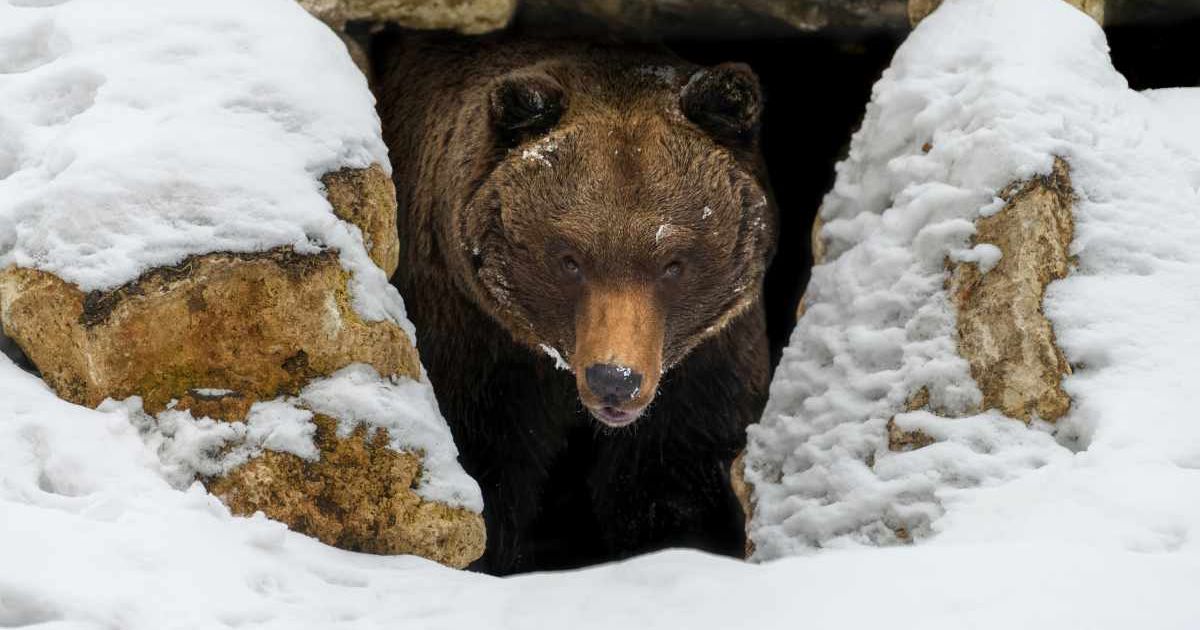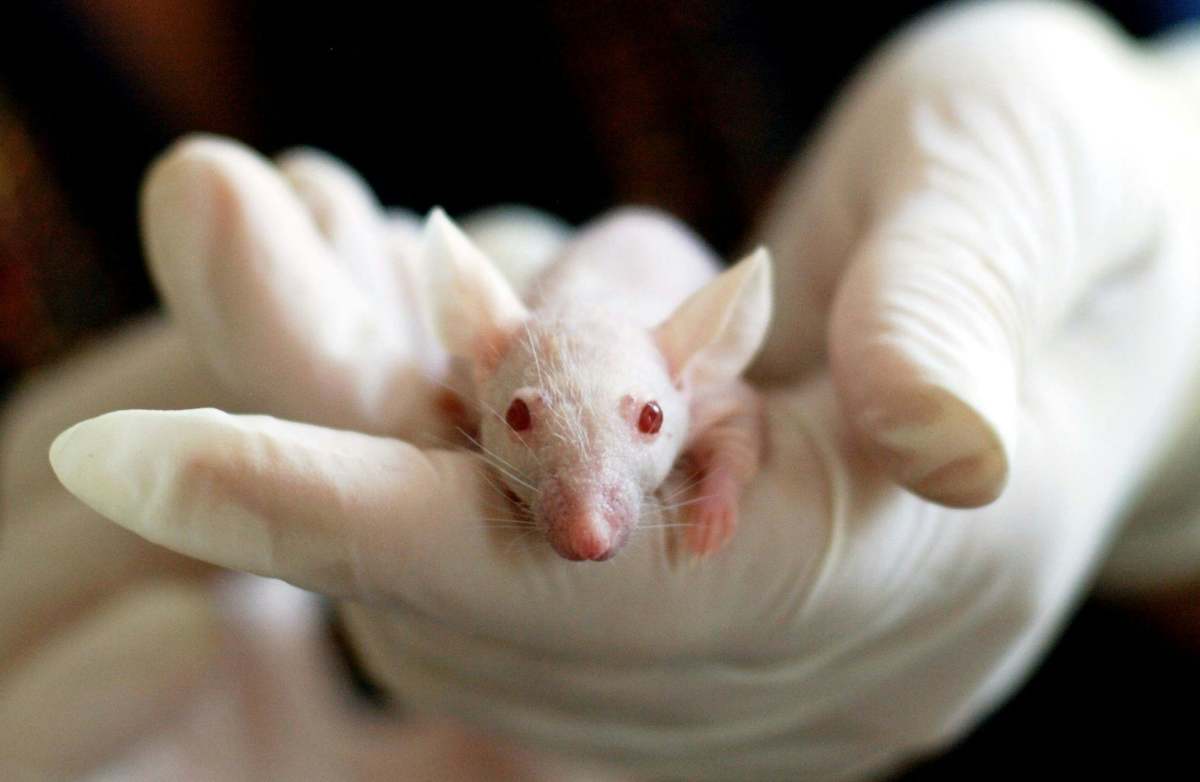Can Humans Really Hibernate? Lab Experiment Suggests We May Unlock Its 'Superpowers' In The Future

A lab examination with mice made experts believe that humans could be carrying hidden superpowers. These "superpowers" are associated with hibernating animals, and apparently could also be present in human DNA. The claim was explained in detail within a pair of studies published in the journal Science. The results indicated that if the processes happening inside hibernating animals can be replicated in humans, then there is a possibility that new and better treatments for conditions like Alzheimer's and diabetes could emerge. Researchers are ecstatic about the development, but they know there is a long way to go before they figure out how to unlock these superpowers.

What are these Superpowers?
Hibernating mammals have a certain set of genes that allow them to control metabolism during their low-energy state, according to Live Science. This "control" causes these creatures to gain "a whole bunch of different biometrically important superpowers," as per senior study author Christopher Gregg, a human genetics professor at the University of Utah. These creatures can go without food or water for long durations, as well as face near-freezing temperatures, similar to some of the fictional superheroes.
Ground squirrels are known to develop reversible insulin resistance, and through this, they gain weight before hibernation, which they slowly lose during their state of rest. Another "superpower" observed in hibernating animals is in their nervous system. Gregg shared that whenever these mammals come out of their hibernation, their brain needs to reaccommodate for blood flow towards it, which supposedly paused during hibernation. This sudden activation could cause incidents, like a stroke; however, hibernating animals manage to withstand this change.
Benefit to Humans
The genes used by hibernating mammals to control metabolism during hibernation have also been detected in humans. It implies that some of the dangerous symptoms that hibernating animals appear to recover from after hibernation could also be dealt with similarly by humans, according to The Independent. This finding is valuable, as many of these symptoms are associated with conditions like stroke, diabetes, and Alzheimer's. "If we could regulate our genes a bit more like hibernators, maybe we could overcome type 2 diabetes the same way a hibernator returns from hibernation back to a normal metabolic state," Elliott Ferris, author of one of the studies, shared.

Lab Experiment on Mice
To understand how to unlock these powers, researchers chose mice as the subject, as even though they do not hibernate, they enter a state called torpor. It happens after the rodent has fasted for six hours. In this state, they experience decreased metabolism, movement, and body temperature for less than a day. The common gene cluster, which regulates hibernation metabolism in hibernating mammals, and does close to nothing in humans, is fat mass and obesity (FTO). The team spotted hibernator-specific DNA regions close to the FTO that control the genes present in the cluster. These regions can either enhance the activity of the genes in the cluster or decrease it. Researchers claimed that these regions were different in hibernating mammals compared to other beings.
Researchers speculated that it was the triggering by these regions that allowed hibernating animals to apply their "superpowers." To confirm, researchers mutated the hibernator-specific regions in mice and found that the rodents' weight gain increased rapidly under certain mutations and slowed down in others, if they followed specific dietary conditions. The mice's ability to recover their body temperature was also impacted under certain mutations. It implies that a change in these regions for humans could also allow them to garner the "superpowers." If these changes can be applied to hibernator-specific DNA regions in humans, then better solutions for type 2 diabetes are not far. However, finding the exact changes that need to be facilitated is still a task that requires further analysis.